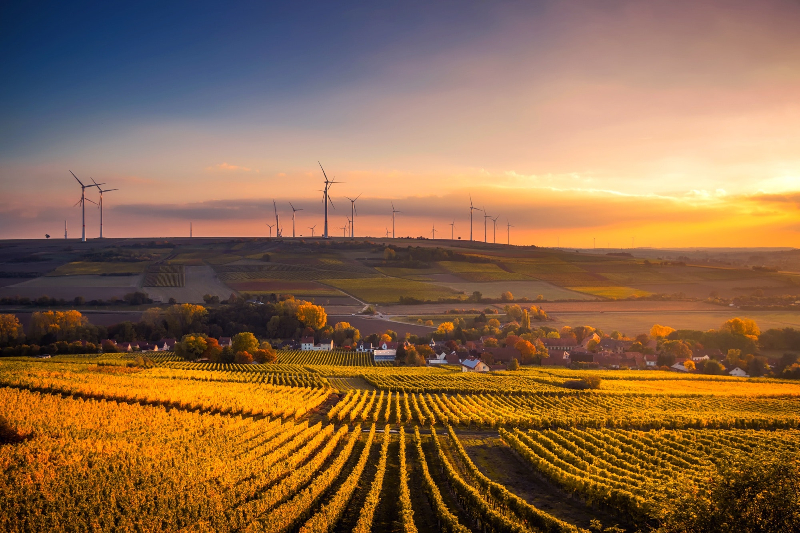The purpose of this course is to provide an engineering assessment of the most important renewable energy resources and the related technologies for harnessing them, from simple methods to state-of the-art advanced energy systems. Aside from a brief overview of fundamental concepts of energy conversion and perspectives on energy supply and demand, the five main course topics include the following:
Solar: photovoltaics and solar thermal
Biomass: resources, biofuels, and biochemical conversion
Wind power: primary mechanical design and system aspects
Hydropower: key components technical designs of large-scale and small-scale systems
Energy storage: key components and system concepts of electrical and thermal storage
A continuous learning philosophy is adopted in this course, with emphasis on problem solving through application of mechanical and electrical engineering fundamentals; energy balances, fluid mechanics, and thermodynamics (to cover for PV, and other wind power aspects – equivalent circuits). The course is an integral part of specializations within the Sustainable Energy Engineering MSc Program.
